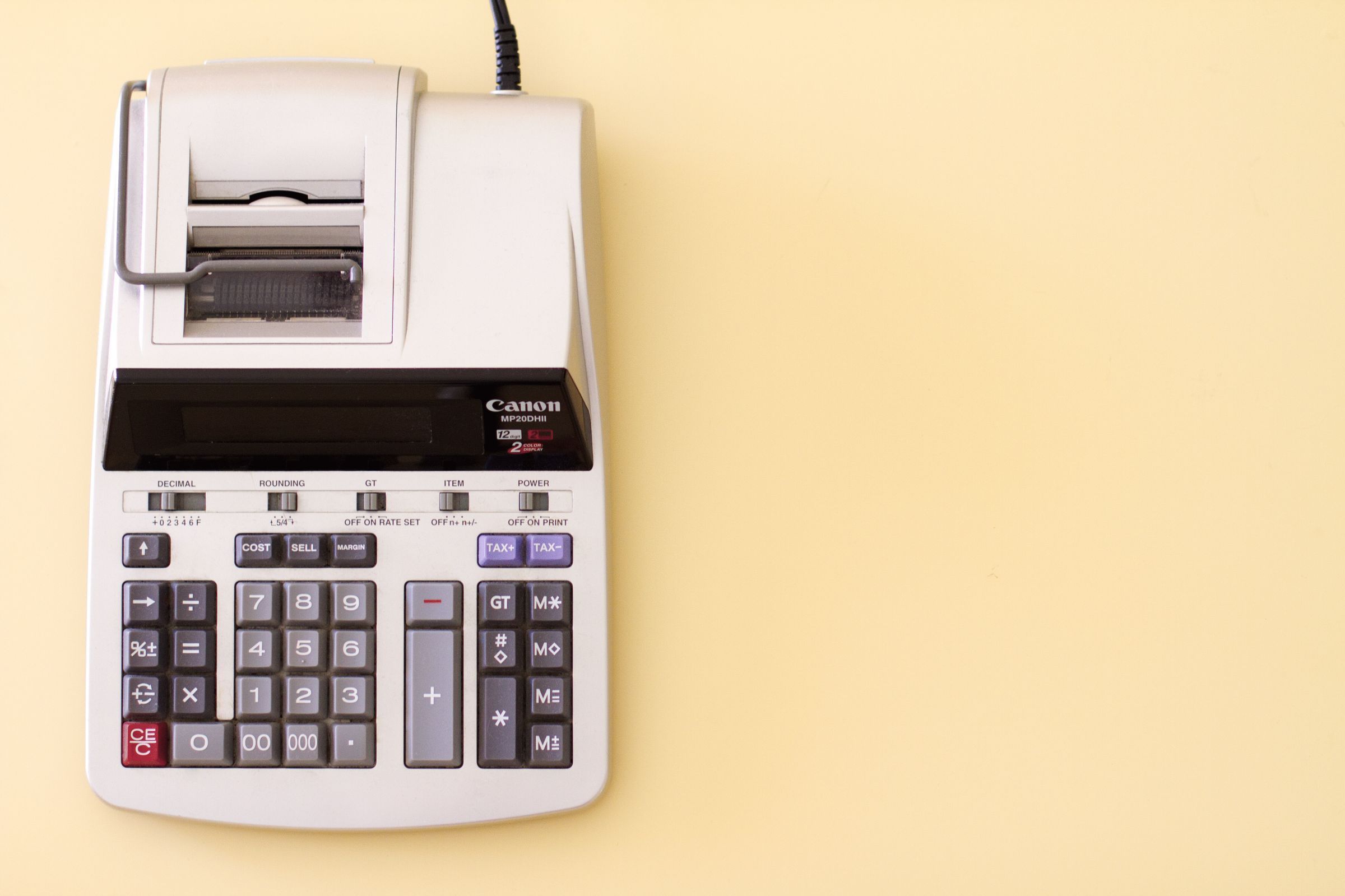Personal Finance
•
6 mins read
•
August 18, 2020
Why Did My Credit Score Drop?
Confused about a sudden drop in your credit score? Understand why this happened and how to prevent against future hits

A good credit score is used for much more than applying for a loan or getting a credit card. Credit scores say a lot about how you pay your monthly bills and long-term debts. But if your credit score drops, it can narrow down what interest rate you’ll pay on loans, the cost of your car insurance, and whether or not you get that apartment you want.
When you understand why your credit score drops and how to rebuild your credit, you’re in a better position to make financial decisions that will impact your future for the better.
Why do credit bureaus track your score?
Credit bureaus gather, track and store information about you, your financial accounts and credit history. They use this information to create your credit report, then sell your information to lenders that ask about your borrowing habits. However, they do not decide if you are a good or bad credit risk.
Experian, TransUnion, and Equifax are the big three credit bureaus that store your data, including your personal information, financial information, including any judgments, all past inquiries by lenders, and records of all of your lines of credit and loans. The credit scoring standard was
.
How do credit bureaus calculate your score?
According to data from Experian in the second quarter of 2019, the average
in the U.S. was 703, which is considered ‘good’ by most lenders. FICO scores range from 300 to 850, with anything above 800 considered ‘excellent’ and a credit score that falls below 579 considered ‘poor’.

Although FICO is the oldest scoring model,
is another common scoring model used to calculate credit scores. Both are used by the majority of financial institutions, and both use a range from 300 to 850 to determine your credit score and weigh five factors into the scoring model–
- Payment history (35%)
- Credit utilization, or the amounts you owe (30%)
- Age of credit accounts (15%)
- Credit mix (10%)
- Credit inquiries (10%) by consumers or lenders
Can your credit score be different at the three credit bureaus?
Not all loans or credit inquiries are reported at all three bureaus. That’s because each credit reporting agency has connections with different financial institutions. And, because data uploads vary from one credit bureau to the next, credit scores can vary for the same credit score type.
7 reasons why your credit score dropped
There are many reasons why your credit score can drop – and not all are crystal clear to most borrowers.
-
Late payments -
Making one or two late payments won’t hurt your credit, but making many late payments or not paying the balance off when due will result in a drop in your credit.
-
Debt sent to collection -
If any of your accounts are sent to collection because of a failure to pay, your credit will take a serious nosedive. Now, however, during the coronavirus pandemic, most lenders are forgiving late or missed payments. Even so, it’s never an encouraging sign to lenders if you’re missing payments.
-
Expensive purchases -
Your credit will take a hit if you make a very expensive purchase on your credit card–at least initially. This is because it will increase your utilization rate–also called debt-to-limit ratio. This is calculated by taking what you spend each month and dividing that number by your credit card limits. Utilization rate is also the second most important factor in determining your credit score, so keeping your utilization ratio below 30% is best.
-
Too many applications for credit
- Lenders see too many applications for credit as a red flag because the chance that you’ll default on your loan or miss credit card payments goes up with each credit line you open.
-
A lowered credit limit
- Lenders are lowering credit limits on consumer’s credit cards in response to the COVID-19. With a lower limit on your credit cards, it’s likely you’ll use a greater percentage of your available credit each month. Like making an expensive purchase, this higher debt-to-limit ratio can have a negative effect on your credit score.
-
Closed credit cards
- While having too many credit lines can have a negative impact on your credit, so can closing credit cards. This is especially true if it’s an account in good standing that's been open for several years. When you close credit cards, the average age on all your credit accounts drops, as does your credit score.
-
Bankruptcies -
If you file for bankruptcy, your credit score can fall sharply. In fact, even if you had good credit before filing, your score can drop 100-200 points after bankruptcy, according to FICO.
5 ways to re-establish good credit
Rebuilding your credit is no easy task. Unlike starting from scratch, you now have to show lenders that you are once again a good credit risk, and in the future, you will make your payments as agreed.
-
Pay on time.
The best way to prove you’re once again a good credit risk is to start paying all of your debts on time. Paying off the balances on your credit cards, rather than carrying high balances can also have a positive effect on your credit.
-
Lower your debt-to-limit ratio
. Pay down your debt. Lenders like your utilization rate to be under 30%, so do what you can to pay off balances and keep large purchases at a minimum. By reducing your debt, your credit utilization will improve, and help improve your credit score.
-
Catch-up on your payments.
If you’re behind in payments, most lenders will try to work out an arrangement to help you catch-up–especially if you're upfront and honest with them.

-
Don’t close credit card accounts.
Closing accounts in good standing that have been open for several years will lower your credit score. So, if possible, don’t close any credit card accounts until your good credit is reestablished and your credit history is repaired.
-
Get a secured credit card.
If your credit is poor, you may not qualify for a regular credit card, so you may want to get a secured credit card that is linked to a savings account as collateral. Making on-time payments every month on your secured card can go a long way in rebuilding your credit.
Bottom line
Your credit score follows you forever. So, when your score drops, it can have a long-term negative effect on all your finances. But, situations change and sometimes paying all your bills on time isn’t an option. When that happens, contact your creditors and explain your situation. Most will understand and work with you through the rough patches. And, while you can’t change the past, you can show lenders how well you handle your credit accounts moving forward.


